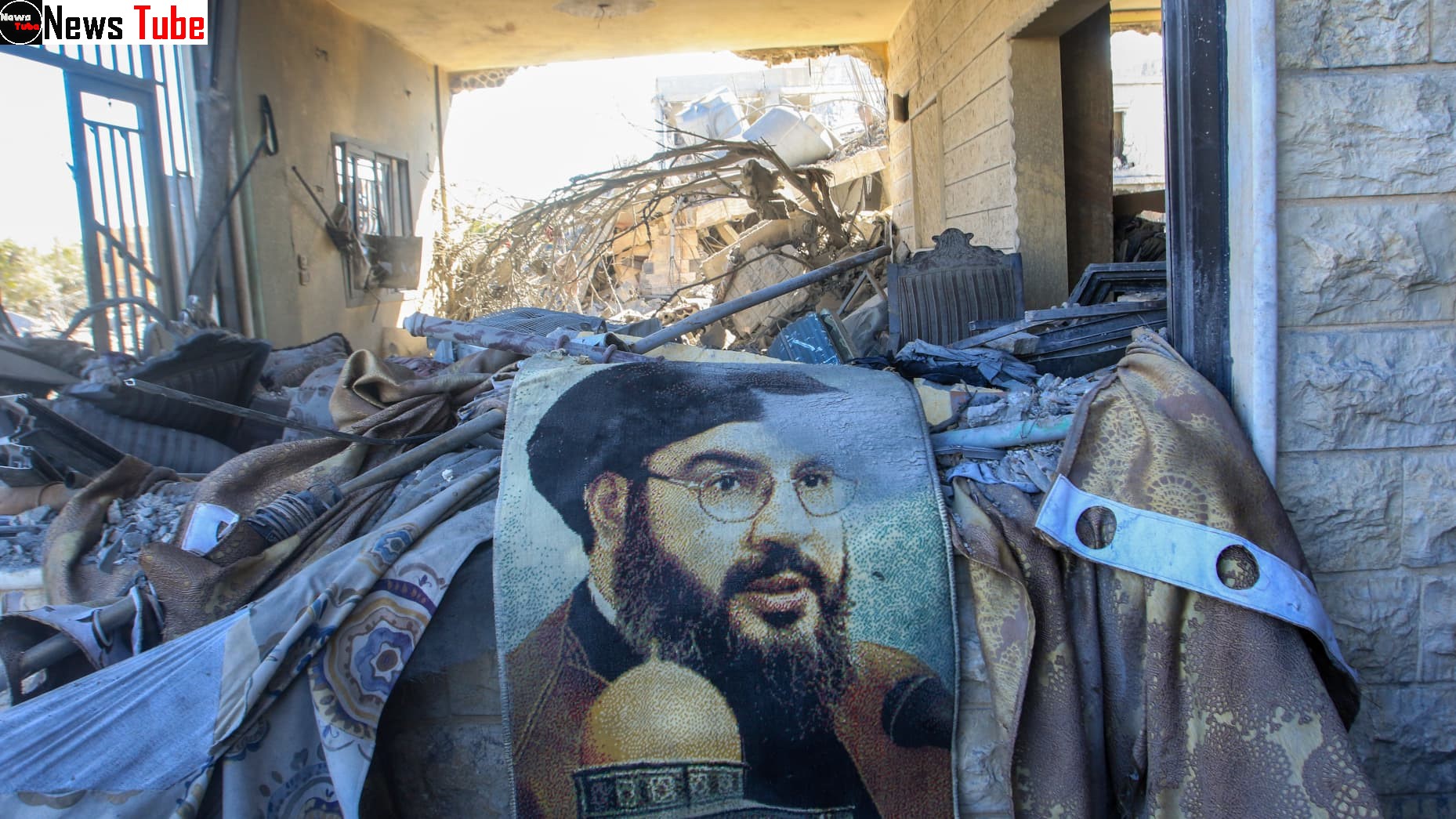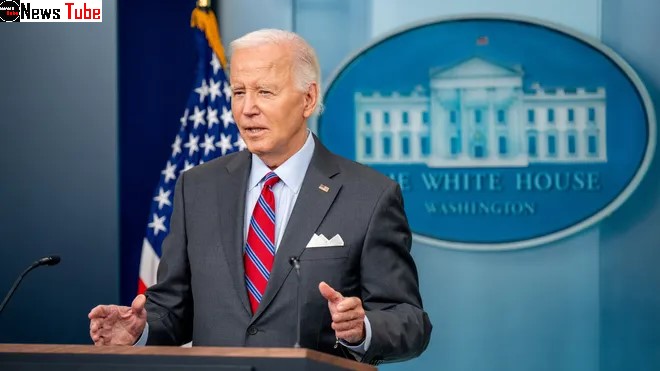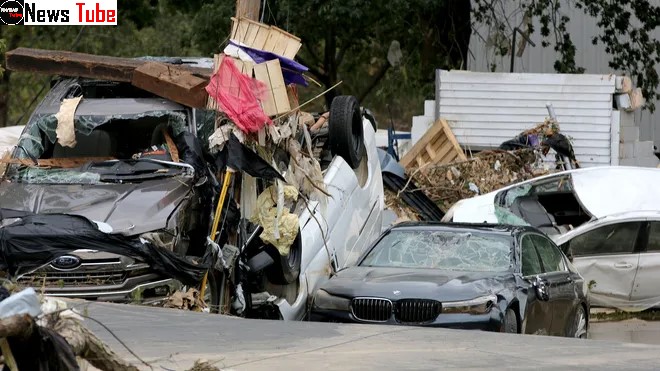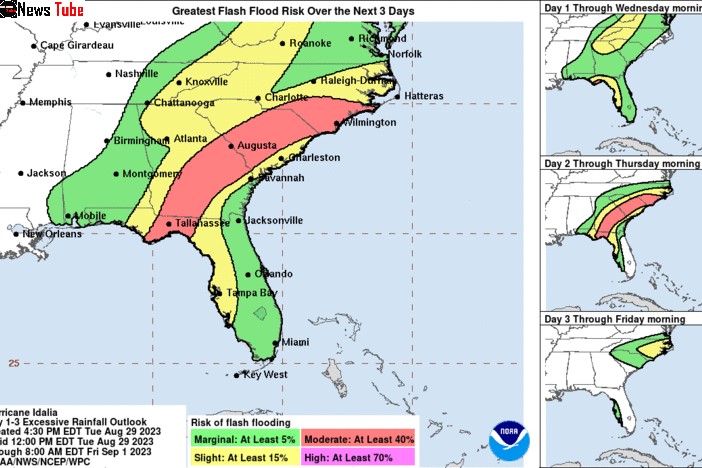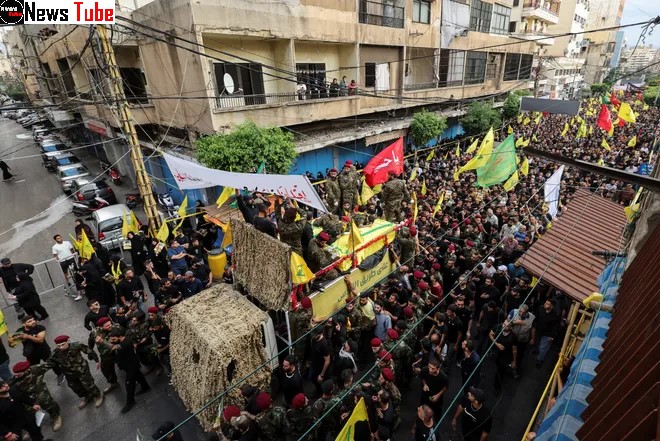
Violence in the war between Israel and Hezbollah has flared in recent months. The surge has upended life along Israel’s northern border, sending tens of thousands fleeing homes. Israeli President Isaac Herzog, meanwhile, has spoken publicly in defense of Israel’s military response, saying Hezbollah’s frequent rocket attacks have reduced towns and villages to rubble, leaving many Israelis displaced.
Hezbollah’s Persistent Attacks
Herzog, in recent interviews, has kept on reiterating that Hezbollah has consistently attacked the northern parts of Israel. He says such violence has made life intolerable for the average citizen of Israel. “Hezbollah has been attacking us on a daily basis, demolishing Israeli villages and towns,” Herzog told CBS. He went on to say that no country in this world, including the United States, would bear such consistent violence. This has resulted in several acts of retaliation with the use of force by Israelis in defense of its citizens, including a number of airstrikes against the positions of Hezbollah.
Herzog has emphasized that Israel does not want war; what the government wants is to defend its citizenship against continuous aggression. He expressed frustration with the situation, how many times Israel has tried to enter diplomatic discussions, and how many times Hezbollah and Hamas leaders refuse to come to the table. Notably, despite Israel’s defensive posture, Herzog recognized that if it were to continue unchecked, further scale in violence would result in wider conflict.
Hezbollah’s Response and Continued Escalation
It certainly does not seem that Hezbollah has any plans to scale back their attacks. Following the killing of a number of their senior commanders in an airstrike carried out by Israeli forces, Hezbollah’s number two, Naim Qassem, pledged that the militant organization was ready for “all military possibilities” in its conflict with Israel. The airstrike, targeting Beirut, had directly responded to the rocket fire that continued to hail upon northern Israel. It has only been upwards since then; hundreds of rockets launched into Israel by Hezbollah militants reached well into its deepest parts, including the city of Haifa.
The attack by Hezbollah came within days of Israel’s linking to a high-tech operation that killed 37 Hezbollah militants in Lebanon. It was reported that Israel employed a sophisticated signal disruption technique which caused Hezbollah’s communication devices to explode, bringing about massive casualties. Although Israel has not commented on this particular attack, confirmation has come from several sources about the involvement of the Israeli military.
The Israeli air defense has been working tirelessly to prevent the rockets launched by Hezbollah from causing much harm. Hundreds of incoming rockets, cruise missiles, and unmanned aerial vehicles have so far been intercepted, according to military reports from Israel, but continuing barrages keep the citizens of Israel on edge, with many places in the northern parts of the country remaining highly alert.
Israel’s Retaliation and the Fight to Secure the North
Israel’s response has been a blitz of heavy airstrikes against Hezbollah positions in Lebanon, with the Defence Minister Yoav Gallant saying that the military hit nearly 300 targets of the group over the past weekend. The military will continue the operations until the threat to Israel’s northern communities is neutralized.
Prime Minister Benjamin Netanyahu also directed words at Hezbollah in no uncertain terms, firmly stating the militant group “badly underestimated the strength of the State of Israel.” “We have inflicted a series of blows on Hezbollah [more severe] than it ever imagined,” Netanyahu said in a video statement. He warned that further attacks would lead to an even harsher Israeli response. For now, Israeli forces are on high alert and will further ramp up actions if the attacks by Hezbollah continue.
The conflict with Hezbollah draws many into the fear of a wider war, considering that tensions remain high with other neighboring groups, like Hamas. Israeli leadership is very tightly caught in the middle of a difficult position in which it has to be careful and balance between not initiating a full-scale war and ensuring safety to its citizens.
Al Jazeera TV Closure Sparks Criticism
In an incident that seems related but different, Israeli forces raided the offices of Al Jazeera TV in the West Bank city of Ramallah and sealed the bureau for 45 days. This came after the Israeli authorities accused the Qatari news outlet of threatening national security. Al Jazeera had been very prolific in their reporting on the Israeli-Palestinian conflict, and live footage of the raid was cut shortly after it went on air.
In a statement, the Palestinian Journalists’ Syndicate condemned the move, saying the shutdown of the TV station constituted a contravention of freedom of expression. The raid marked the second such incident this year; in May, Israeli authorities closed the Jerusalem office of Al Jazeera on similar security grounds. International criticism followed with accusations slung at Israel that it was trying to muzzle reports on its military activities.
The Tragic Reality of Hostages Held by Hamas
With Israel still coping with the rocket fire from Hezbollah up north, the hostage issue as held by Hamas in Gaza has yet to be resolved. This is because from among the 97 hostages still held by Hamas, only half are presumed alive. The reports came out after a closed-door meeting where Prime Minister Netanyahu updated the lawmakers regarding the hostage situation. Netanyahu has denied blocking any possible hostage deal and instead put the blame on Hamas for making unreasonable demands in ceasefire negotiations.
The hostage crisis entangles the continuous confrontations between Hezbollah and Hamas. At a time when Israel is trying to free its hostages, it faces another problem of defending its borders against mounting strikes.
Escalating Tensions: Israel’s Response to Hezbollah’s Aggression
The situation between Israel and Hezbollah has been blown out of proportion. While Israel has strived not to engage in all-out war, the continued attacks by Hezbollah have been propelling the country into responding militarily. Israeli President Isaac Herzog and Prime Minister Netanyahu have outlined that the country will continue defending itself against the aggression from Hezbollah as they strive for diplomatic solutions. But since the violence does not appear to let up, there is nothing certain regarding the future of this region. Since Israel’s operation is ongoing, further escalation of the war cannot be ruled out, and the international community watches with concern as both sides prepare for what may come next.


